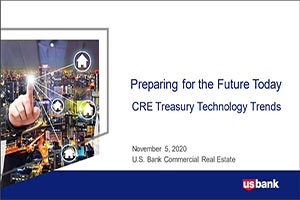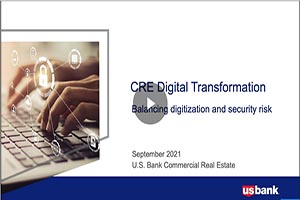Outsourcing can save time, money and other resources, but how do you decide which services to give to a third-party vendor and which you should keep within the organization? Here are 10 questions to help guide your decision-making process.
1. What’s the size of my business?
Are you a small investment advisor shop looking to compete with bigger firms? Are you a large enough manager where entire teams and departments might be impacted? To stay viable, boutique operations need to keep their business simple and highly focused on their core competencies – outsourcing anything that doesn’t directly add value. Bigger firms have more flexibility, but many of the same considerations apply.
2. Is there enough time (and benefit) to build the necessary infrastructure internally?
It takes time to build infrastructure – a team, a department, a proficiency. It also takes time to put technology processes into place and design them to exceed the expectations of your investors. It’s essential to take each component in your business and make the determination: in or out? Can I build this in time? Can I build my staff in time? Or am I better off buying this service?
3. Am I isolating our business from valuable outside perspectives?
Outside vendors and consultants can be a great way to learn from professionals who’ve gained insight from their experience “looking under the hood” of other firms – best practices, what works, what doesn’t, etc. Rather than having, for example, an internal individual responsible for compliance (i.e., doing), consider shifting your approach so they’re instead accountable for compliance (i.e., overseeing). That way, you can bring more outside perspective into your business.
4. How can I allocate more resources to areas that give us a competitive advantage?
Your business’s competitive advantage likely won’t be compliance, information technology (IT), marketing or your customer relationship management (CRM) system. Those are important components, but your primary focus should be on your clients. When you expand, it’s advisable to rely on resources who advance your core investment management competencies (e.g., analysts, portfolio managers, etc.). Other responsibilities can be easily outsourced.
5. Where can I simplify my business to gain efficiencies and do more with less?
Whether you’re insourcing or outsourcing, your focus should always be on leveraging your firm’s strengths and improving weaknesses. This requires a model of constant reevaluation to ensure you’re not overcomplicating processes and wasting resources. Look at every aspect of the business and ask: could this be simpler? Would it be more efficient to do this ourselves or find someone to take it off our plate?
6. Can I find vendors that align with our values and goals?
Over the past decade or so, the ecosystem around supporting asset managers and funds has developed tremendously. As talent pools, vendor competition and service levels increase, it’s becoming easier to find quality support. However, it’s important to seek out companies whose management teams are on your same trajectory and who share your ethos for client service (because your clients will now be their clients.)
7. What internal obstacles exist?
Tenured staff can be wary of change. Although the firm might be moving in a certain direction, sometimes you face internal resistance. Are you upending someone’s day-to-day operating model? Are you shifting someone’s workflow? As you implement new structures and organization, pockets of individuals can hold a different view. You need to manage change internally by slowly introducing new processes and winning over the people they impact.
8. How will this decision affect clients, and am I able to reassess if necessary?
To maintain a high-level of client service, you need to be careful of what (and how) you outsource. You can’t have a situation where your service provider presents a reputational, legal or occupational risk. It often makes sense to implement your outsourcing model incrementally – adding vendors and responsibilities over time rather than through a giant, global overhaul. This gives you greater control and the ability to monitor and adjust if service starts to suffer.
9. Do I have an exit plan?
It’s important to go into a vendor relationship understanding you can end it if necessary. If you’re getting negative client feedback – perhaps where they feel the level of service is declining – that would be an immediate indicator to reassess. Be willing to “fail quickly.” That is, be willing to quit a relationship and find a replacement before too much damage is done. Sticking with an unsatisfactory vendor hoping they’ll improve over time is a bad strategy.
10. How will this decision fare into the future?
To keep your strategy future-oriented, follow these guiding principles:
- Plan for growth. Make decisions based on where you want to be, not where you are today.
- Plan for scrutiny. A regulator, an investor, a portfolio manager – eventually someone will analyze your choice.
- Plan for a disaster. In a catastrophic event, how will your decision hold up?
- Plan for a cyber event. Data breaches are a real threat, so make cybersecurity a priority.
While outsourcing has many advantages, it’s important that you ask the right questions to determine the best approach for your organization’s needs. Utilizing third-party vendors strategically can have lasting benefits and support future growth.
U.S. Bank offers customized operational solutions combined with the strength and security of a major financial institution. Visit us at usbank.com/investmentservices to learn about our investment services solutions.

































































































































